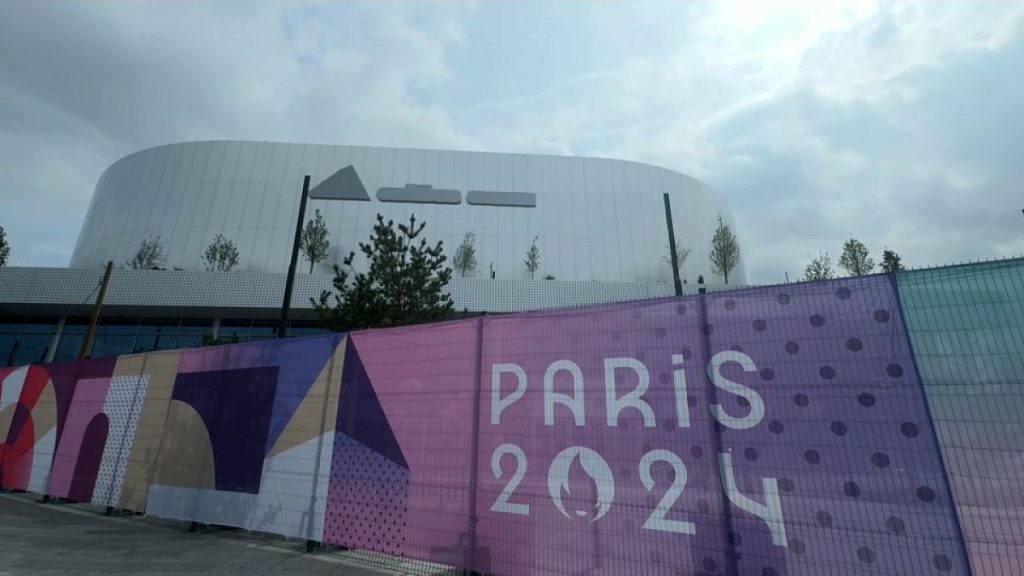The Porte de la Chapelle neighbourhood in Paris has long been associated with higher crime, drug, and poverty rates compared to the rest of the city. However, with the upcoming Paris Olympics, the area has undergone a significant transformation as part of an ambitious urban renewal plan. Renovations include the construction of an 8,000-seat arena and the relandscaping of the main avenue with the addition of trees and bicycle lanes. These changes have been welcomed by residents as they have brought much-needed improvements to the area. For example, the new sports facilities have provided residents with opportunities they did not have before, such as access to gymnasiums.
Despite the positive changes brought about by the urban renewal plan, some residents and business owners are concerned that these improvements will not last once the Olympics and Paralympic Games are over. They worry that the increased police presence that has made the area safer will disappear once the tourists leave, leaving them vulnerable to a return to the previous conditions of the neighbourhood. Business owners like Farid, who runs a bar in the area, have felt the impact of the renovations financially and mentally. The construction work lasted over a year and a half, leading to a decrease in sales and difficulties for locals and disabled individuals to access the establishments.
In the lead-up to the Olympic Games, concerns were raised about the eviction and relocation of up to 5,200 people, including migrants, drug users, and sex workers, from the area. This led to accusations of “social cleansing” by some organizations working with vulnerable populations. However, local authorities deny these claims and assert that the transformations in the neighbourhood are aimed at improving the living conditions of all residents. Facilities such as help centers for addicts and shelters for the homeless have been opened to provide support to these communities as part of the urban transformation process.
The deputy mayor of the 18th arrondissement, Mario Gonzalez, emphasized the importance of supporting vulnerable communities while undergoing urban development. He stated that the new facilities are permanent structures that will benefit everyone in the long run, ensuring that residents are not left behind in the transformation of the neighbourhood. More initiatives, such as the construction of a university campus set to welcome thousands of students, are being implemented to attract more people to the area and contribute to its long-term revitalization. Despite these efforts, residents like Farid believe that stronger police presence is needed to prevent a return to the previous issues in the neighbourhood.
In conclusion, the Porte de la Chapelle neighbourhood in Paris has undergone significant changes as part of an urban renewal plan in preparation for the Paris Olympics. While these improvements have been welcomed by residents for enhancing the area’s infrastructure and amenities, concerns remain about the long-term sustainability of these changes once the sporting events are over. The allegations of social cleansing and the displacement of vulnerable populations have sparked debate about the inclusivity of the urban transformation process and the need for continued support for all residents. Moving forward, it will be essential for state and city authorities to address these concerns and prioritize the well-being of the community to ensure a lasting positive impact on the neighbourhood.


